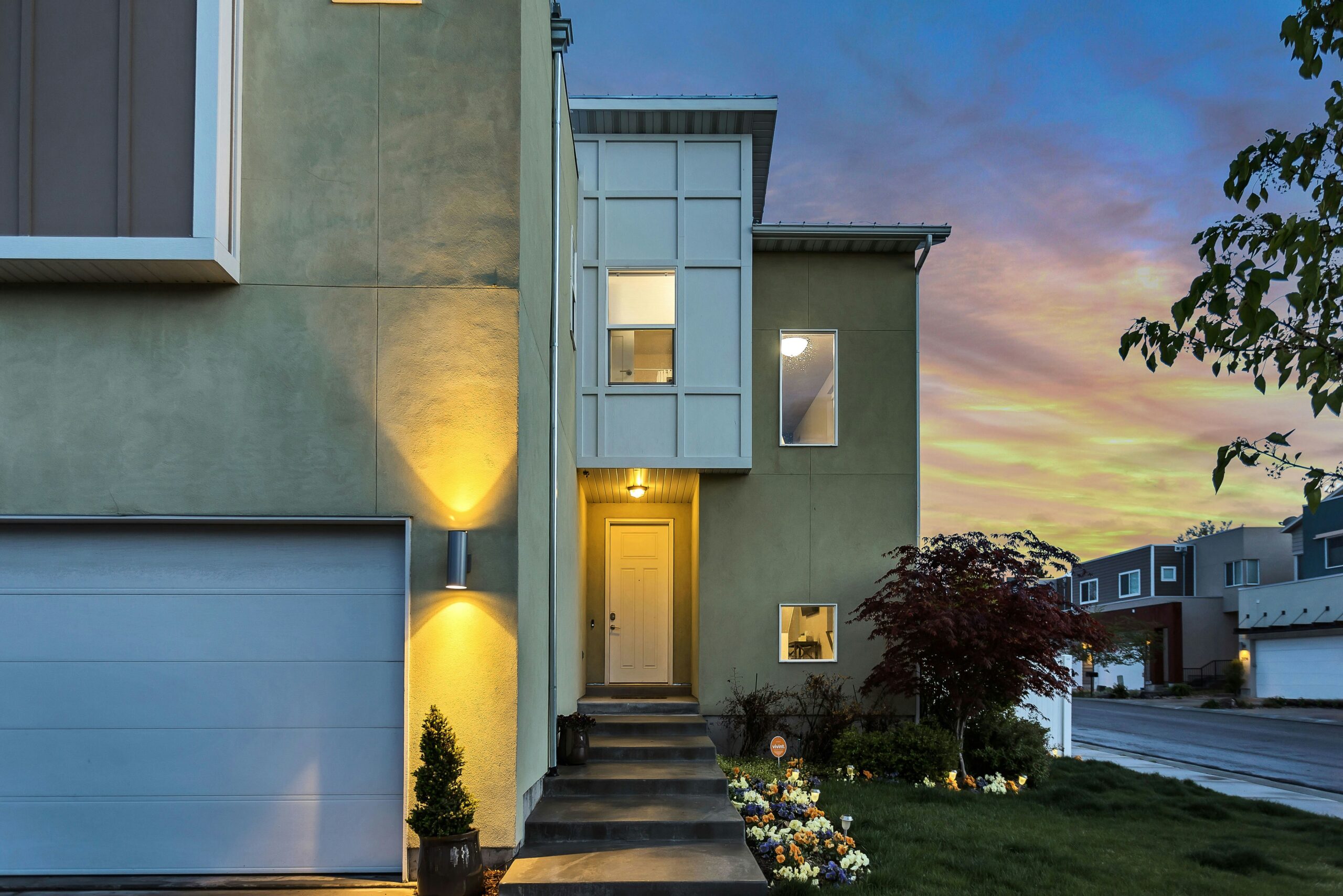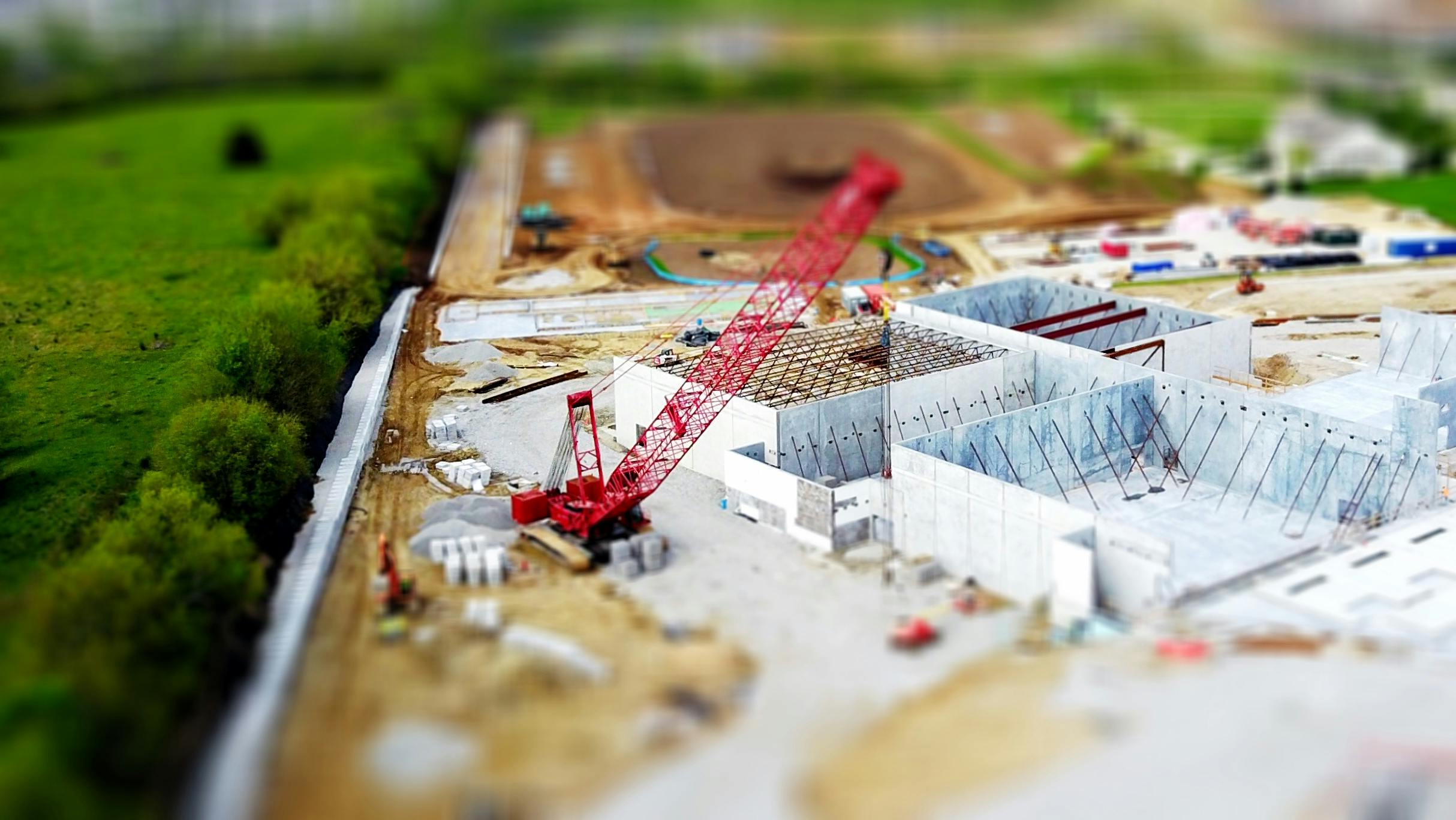Investments inherently carry some level of risk, and investors seek higher returns as compensation for that risk. Generally, higher-risk investments offer the potential for greater returns, but also come with the possibility of greater losses. Therefore, it's crucial to understand how much money could be worth in the future, considering factors like interest rates, inflation, and risk. This understanding is fundamental to making informed financial decisions and optimizing investment portfolios.
Investments inherently carry some level of risk, and investors seek higher returns as compensation for that risk. Generally, higher-risk investments offer the potential for greater returns, but also come with the possibility of greater losses. Therefore, it's crucial to understand how much money could be worth in the future, considering factors like interest rates, inflation, and risk. This understanding is fundamental to making informed financial decisions and optimizing investment portfolios.
The profitability of your investment largely depends on your specific plans. Therefore, it's important to consider not only the immediate budget — whether it comes from your general funds, loans, or a combination of both — but also the potential returns on your investment.
In our market, it's clear that the most sought-after properties are residential units in apartment buildings. Such real estate, regardless of certain locational or physical features, tends to sell or rent out the quickest. Within this category, studios and smaller one-bedroom apartments see the fastest transactions. This is primarily because the majority of market participants are those with the financial means to buy or rent smaller properties.
However, there are exceptions. Residential spaces around 100 square meters are in high demand, despite the limited supply. In fact, the demand often exceeds the available inventory, even among the relatively small number of buyers who have the desire and financial capacity to acquire larger living spaces.2 izuzetno traženi. Tu dolazi do veće potražnje od ponude, odnosno ponuda je često malobrojnija čak i od onog manjeg broja učesnika na tržištu koji imaju želju i finansijske mogućnosti za kupovinom većih stambenih prostora.
When considering an investment in real estate with the intention of recouping funds through renting, the most favorable option is typically purchasing property in the capital. The capital city, with its largest population, serves as an economic and administrative hub with well-developed business tourism. As a result, transactions tend to occur more swiftly due to the high demand in such areas.
In contrast, family houses, undeveloped land, land under development, and commercial spaces or complexes often remain on the market for extended periods. These types of properties frequently require price adjustments and generally take longer from investment to achieving the intended purpose.
Single-family homes, for instance, come with higher maintenance costs, including yard upkeep, repairs, and renovations. These additional expenses can deter potential buyers. Moreover, these homes are often located in suburban or outlying areas, which may be less appealing to those who work in cities or prefer proximity to urban centers. The extra commuting time can be a significant consideration. Selling single-family homes can also be challenging due to the emotional attachment of owners, which can complicate negotiations and reduce flexibility regarding price or sale terms.
Purchasing land typically demands further investment in infrastructure, building permits, and meeting regulatory requirements. Land transactions can be complex, often involving intricate legal documentation such as ownership issues, rights of way, zoning regulations, and other legal considerations. Additionally, basic infrastructure (like roads, water, and electricity) may be lacking, and unregulated planning documentation can delay or deter potential buyers. Unlike residential or commercial spaces, land purchases are rarely seen as urgent, giving buyers more time to make decisions, which can prolong the sales process.
Business premises are typically designed for specific activities, such as offices, shops, restaurants, industrial halls, or other commercial complexes. This specialization narrows the pool of potential buyers to those with particular business needs that align with the available space. Such properties are often under long-term leases, which can complicate sales if a potential buyer is unwilling to assume existing contracts. Conversely, business premises that aren't leased out face the risk of generating no income, making them a less attractive investment option.
Economic crises or recessions can greatly diminish the demand for office space, as businesses often reduce costs, delay expansion, or shift to remote work, thereby decreasing the need for physical office spaces. Despite these challenges, there remains a notable number of individuals interested in buying or renting such properties.
Given the characteristics of our market, the conclusion is clear: due to factors such as market preferences, speed of return on investment, infrastructure developments, planning regulations, the risks associated with new construction, and the difficulty in verifying the construction quality of individual buildings, residential units in collective housing are considered the most profitable investment compared to other types of real estate.




